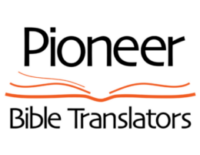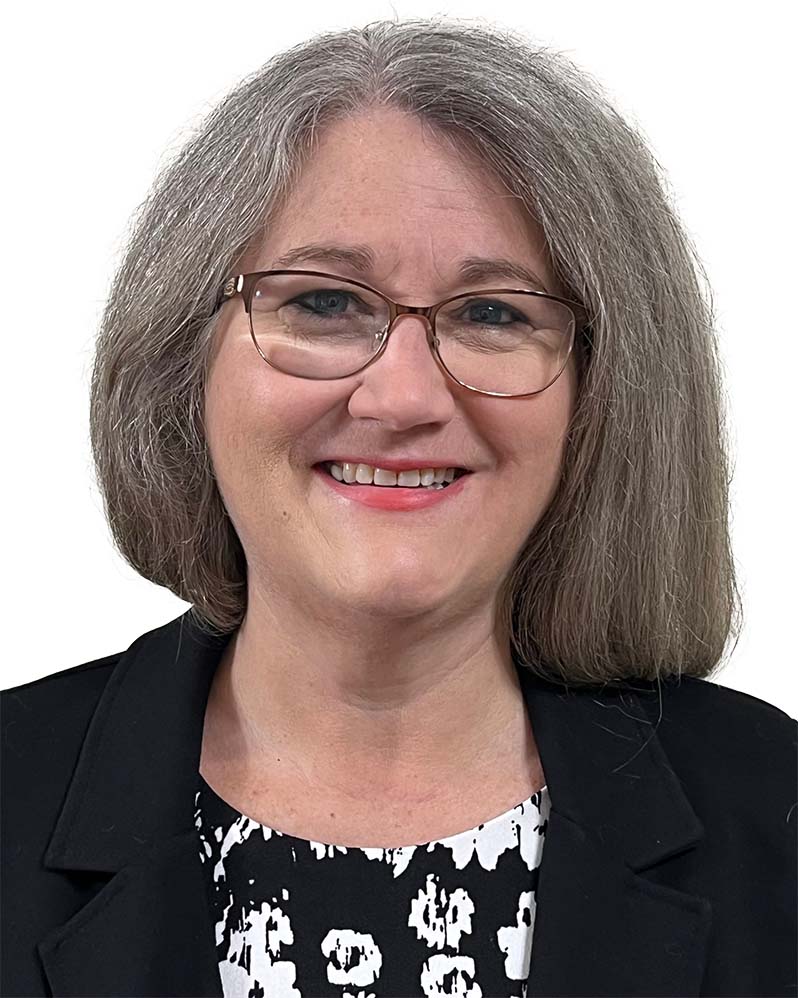Master of Arts in Language Development & Translation
Bring God’s love to other cultures–both home and abroad
Overview
What is it?
The M.A. in Language Development and Translation prepares men and women to lead Bible translation and scripture engagement initiatives in cross-cultural settings globally. It includes studies in Anthropology, Biblical Languages, Linguistics, Translation Princi-ples, and Multicultural Engagement.
Who is it for?
Through cutting-edge preparation and the latest technology resources, the M.A. equips YOU to participate in bringing the Bible to people who do not have it in their own language. Imagine the joy and fulfillment of seeing people read God’s word in their heart language for the first time!
Why?
With your help, 95% of the world’s population could have a full Bible in their own language by 2033. All could have Bibles by 2050. The goal is near, and it is achievable. The Bible-less people of the world need you!
Distinctive
It is offered Online with a Competency-Based Education (CBE) model. DCC worked with experts in the field to define the competencies.
What Does Competency-Based Online Education Mean for You?
You control the Speed
How Does That Work?
- Begin any time of year with self-paced learning–no waiting for a class to show up on the schedule.
- When you believe you have mastered a competency, you do an assessment with the faculty mentor. When you pass that assessment (which can be taken more than once), you move on to the next competency.
- Focus on 19 competencies needed in the field with learning activities to develop each competency—no busy work!
- Graduate credit for what you already know or have experienced—no wasted time taking classes you do not need!
- Graduate when declared “Competent” in all required areas—field ready!
Bottom Line: The more time you are willing to work on it, the faster you will get done with the program.
You control the Cost
How does that work?
- Pay a subscription fee to access learning activities and an assessment fee for each competency—no traditional tuition!
- Pay the subscription fee only as long as you need access—the faster you master the competencies, the fewer subscription fees you pay!
- You only pay once for each competency assessment.
Note: The subscription fee is paid for access in each of three terms per year.
You control When & Where
How does that work?
- Online learning—accessible anywhere!
- You can work at your pace and anywhere you have a good internet connection (there are videos to watch).
- Any synchromous (in real time) work (such as an oral assessment) will be scheduled to work with your schedule and can be done remotely.
- If your sending agency agrees, you may even be able to do some of the work while on the field.
Developed in Partnership with Pioneer Bible Translators
PBT Partnership. Dallas Christian College developed the Multicultural Engagement pro-gram in close collaboration with Pioneer Bible Translators (PBT) and other organiza-tions active around the globe. These partners make invaluable contributions to the MA program in the form of student advising, expert instructors, graduate placement, and guidance from practitioners in the field on needs that influence program content.
Program Highlights
Competency-Based Education emphasizing the acquisition and application of specific knowledge, skills, and dispositions relevant to multicultural engage-ment and cross-cultural mission work.
A Flexible Learning Environment designed to accommodate working professionals with diverse needs in various locations balance academic pur-suits with other commitments.
Biblical Foundations ground students in God’s redemptive vision for Creation and Christian principles for multicultural engagement.
Cross-Cultural Capabilities. The program focuses on developing cultural intelligence, emphasizing the ability to navigate varied cultural contexts with appreciation and understanding.
Translation Principles and Practices Students develop practical capabilities in moving texts through the stages of translation while meticulously ensuring adherence to translation principles and communication theories. The program introduces students to the pragmatic and effective use of a wide variety of current linguistic and translation software.
Global Perspectives. The curriculum incorporates global perspectives on multicultural engagement, preparing graduates to navigate both local and international contexts.
Rebecca Pruett | rpruett@dallas.edu
Program Director: M.A. in Language Development & Translation
More About Competency-Based Education (CBE)
Competency-Based Educational (CBE) programs approach education differently than traditional credit-hour systems with grades, grade-point averages, and the ability to graduate even with low grades in some courses. To graduate from a CBE program, students must demonstrate mastery of every required competency through direct assessment. CBE emphasizes the acquisition and application of specific knowledge, skills, and dispositions relevant to a work setting and academic discipline. This model ensures that graduates are not only well-versed in theoretical concepts but also capable of applying their knowledge, skills, and dispositions in real-world scenarios.
Since students are moving forward in the program by demonstrating competencies, they progress at their own pace. If a student has a strong foundation in a competency, it may take little time to reach the point to be ready to assess that competency. If mastery is demonstrated, the student moves on to another competency—even if it only took three weeks to get it done. A student does not need to wait until the next term to move forward.
Program Competencies
Master of Arts in Language Development & Translation
Language Development and Translation
Missiology Competencies (12 credits)
ANTH 5210 Applied Anthropology (2)
MCEN 5210 Spiritual Formation (2)
MCEN 5220 Cross-Cultural Team Dynamics (2)
MCEN 5310 Textual Metanarratives (3)
MCEN 5340 Promoting Engagement (3)
Belief System Competencies (choose one)
ANTH 5310 Animism (3)
ANTH 5320 Islam (3)
ANTH 5330 Belief System Research (3)
Language and Culture Acquisition Competencies (5 credits)
LING 5210 Understanding Language (2)
LING 5310 Second Language and Culture Acquisition (3)
Translation Competencies (14 credits)
LING 5110 Sociolinguistics (1)
LING 5120 Phonological Analysis (1)
LING 5130 Syntactic Analysis (1)
LING 5140 Lexical Semantics (1)
LING 5220 Translation Principles (2)
LING 6130 Translation Modalities (1)
LING 6210 Semantic Issues in Translation (2)
LING 6220 Discourse Issues in Translation (2)
LING 6310 Translation Process (3)
Elective Competencies (choose 3 credits)
ANTH 5110 Analysis of Religions (1)
ANTH 5130 Ethnographic Research (1)
ANTH 6110 Local Theologies (1)
ANTH 6120 Worldview Analysis (1)
ANTH 6130 Dynamics of Cultural Change (1)
LING 5230 Orthography Development (2)
MCEN 5330 Fostering Transformational Communities (3)
MCEN 6330 Cross-Cultural Leadership (3)
TOTAL DEGREE CREDITS: 37
There are co-requisites in this program. For details, Download full degree plan.


